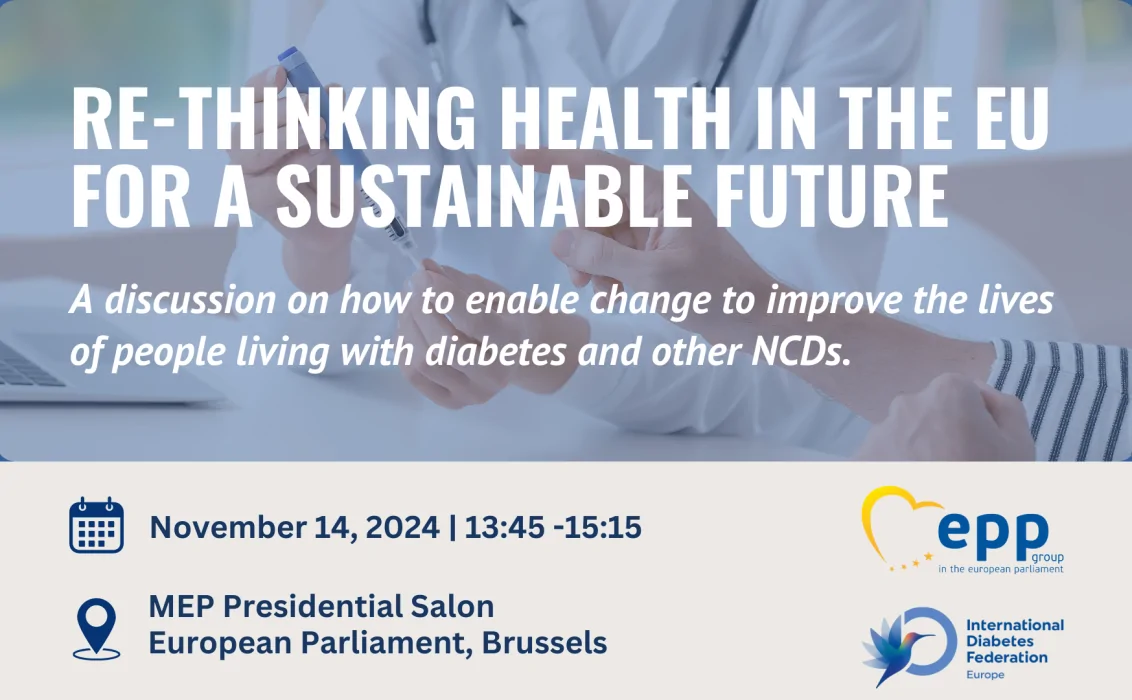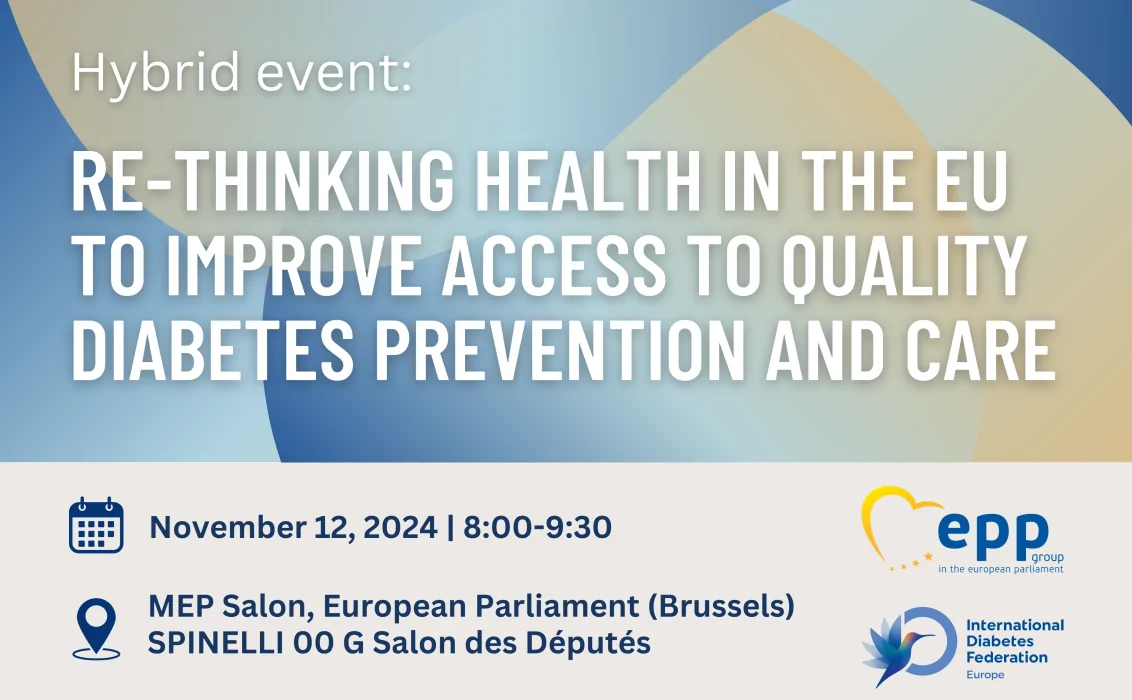According to the WHO, the social determinants of health are conditions in which people are born, grow, live, work, and age. These circumstances are shaped by the distribution of resources and are mostly responsible for health inequalities and avoidable differences in health status within and between countries.
Today, on the International Day of Education, IDF Europe wants to raise awareness of access to education as a key social determinant of health and modifiable risk factor for developing type 2 diabetes and diabetes-related complications.
The theme for the 2022 International Day of Education is “Changing course, transforming education”. It focuses on the role of education in shaping fairer and more sustainable futures in the face of gaping inequalities and the impact of the COVID pandemic. As highlighted by UNESCO’s recent global Futures of Education report, inequalities in access to education often trigger a vicious circle whereby the circumstances in which someone is born will determine their future access to resources, services, and employment. Therefore, on this day, it is crucial for us to highlight the linkages between the right to education and the right to health.
The WHO Constitution states that “the enjoyment of the highest attainable standard of health is a fundamental right of every human being without distinction of race, religion, political belief, economic and social conditions”. However, to this day, limited access to education is linked to inequalities in diseases and illnesses, among which diabetes. Numerous studies identify the level of education as one of the key modifiable risk factors in determining the development of type 2 diabetes (T2D). Accordingly, the risk of developing T2D and diabetes-related complications increases as the level of education decreases. EuroHealthNet estimates that people with a lower level of education have a 2.4 times higher risk of living with diabetes than those with a higher level of education. The European Health Interview Survey found that the corresponding incidence of diabetes is 11% in low-education groups, compared to 4% in high-education groups. Finally, as highlighted by the report Futures of Education report, among non-communicable diseases in Europe, the gap in relative risk between low and high levels of education, is one of the highest for diabetes.
The impact of education on diabetes has multiple dimensions because it influences various intertwined factors such as working conditions, job security, income, housing, health literacy, physical activity, healthy eating, etc. These factors play a role at all stages of life and contribute to significant disparities in the diabetes risk as well as diabetes management and risk of developing complications. For example, since education is closely related to health literacy, people with higher levels of education are better able to access health services and get screened for diabetes. Similarly, studies have found that diabetes self-management education programmes are more likely to exist in geographic areas with a higher proportion of the population with at least a high school education, a higher proportion of insured individuals, and a lower level of unemployment.
Today’s challenges are complex and inherently interrelated, particularly in the fields of health and education. Therefore, institutional responses should tackle inequalities in an intersectoral and multidimensional way, considering that policies relating to access to education also have significant consequences on health. As highlighted by the Futures of Education report, this entails a broader approach to education systems with clear emphasis on chain reactions and interlinking effects between institutions, actors and spaces. Accordingly, countries should make intersectoral efforts to facilitate learning by all children and youth and ensure access to fundamental rights such as social protection, healthy food and nutrition, and an environment that promotes emotional and physical well-being. These efforts should be organised in a concerted way, with educational institutions providing equal opportunities to all, regardless of their circumstances, and with health institutions promoting programmes that incorporate patients’ perspectives, lifestyles and socioeconomic status for diabetes prevention.
Given that today’s inequalities are often the production of yesterday’s exclusions and oppressions, on the International Day of Education 2022 we call for changing the course today so that transformations of tomorrow will be more equitable for all.



